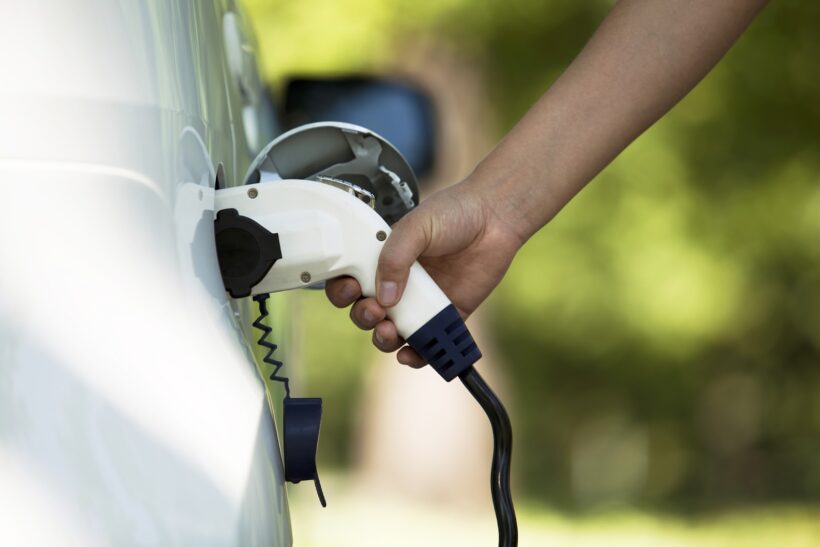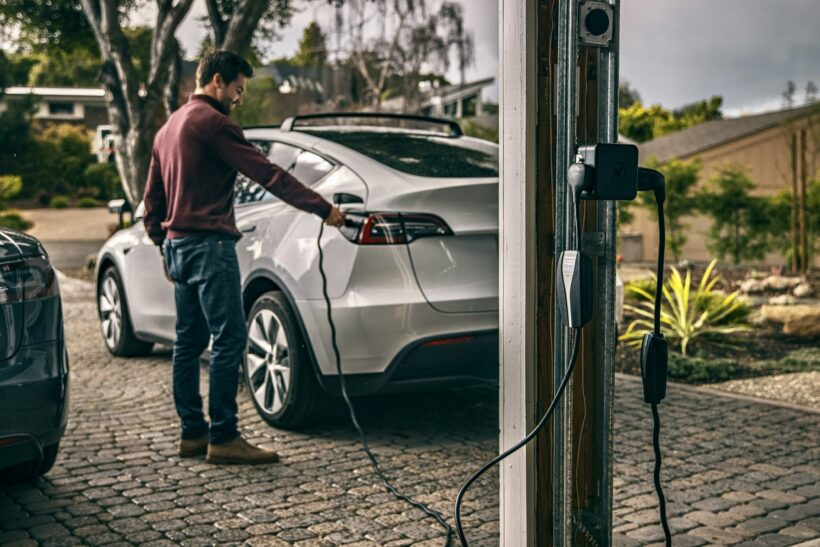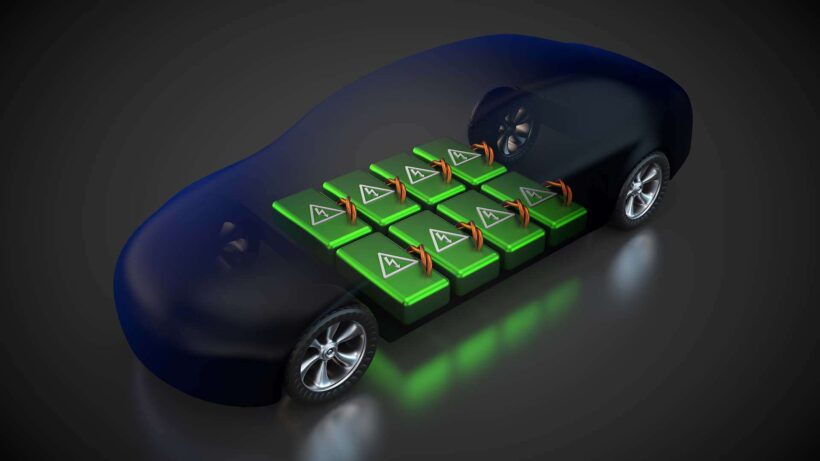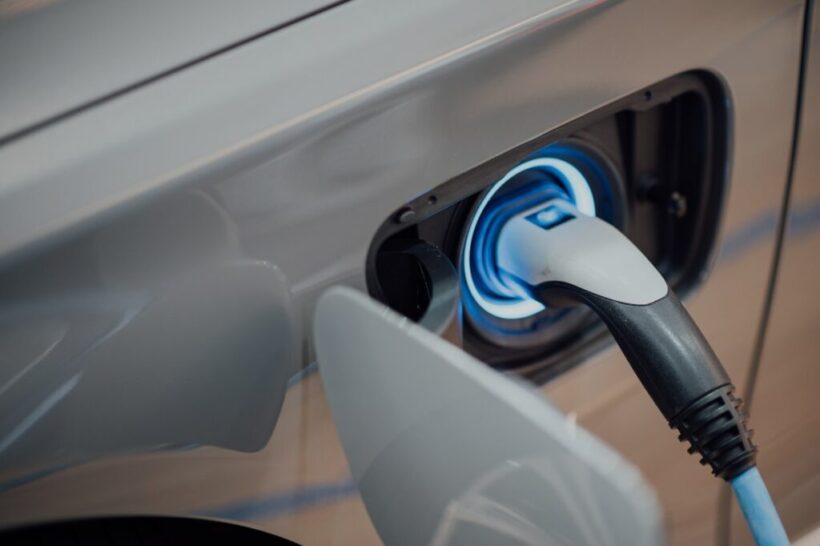A greener future may be fun with an electric SUV. It’s important to take the purchase process seriously and prevent frequent blunders. Understanding and avoiding these eight hazards will help prospective purchasers choose an electric SUV that meets their demands and maximizes its benefits.
Neglecting to Test-Drive

Testing-driving an electric SUV is essential and should not be skipped for several reasons. You may experience the electric SUV’s driving characteristics by taking it for a test drive. Comparatively speaking, driving an electric vehicle is unlike a conventional gasoline-powered vehicle. They have smooth acceleration and instantaneous torque thanks to their electric motors.
You may understand how the car handles, accelerates and reacts to your inputs by taking it for a test drive. You can use this to assess whether the electric SUV fulfills your performance requirements and driving preferences. You can evaluate the ergonomics and comfort of the electric SUV by taking it for a test drive. Electric SUVs frequently have different interior designs and features than their gasoline-powered equivalents. You can assess the vehicle’s seating arrangement, visibility, and general comfort by getting in the driver’s seat.
You can also see if the infotainment system and controls are simple to use and intuitive. These elements influence your overall driving experience and satisfaction with the electric SUV. A test drive also offers the chance to assess the electric SUV’s efficiency and range. Despite the manufacturers’ estimates of range, actual driving conditions can change.
Ignoring Range Anxiety

Concerns about their electric vehicles’ range are reasonable for many consumers. It’s the dread of making it to a charging station before your battery dies. Avoid this by doing homework on the various electric SUV types and choosing one with a range that suits your demands. Consider that newer models typically have longer battery lives due to improvements in battery technology.
The range of an electric SUV is the maximum distance it can travel before recharging. A major source of frustration and annoyance for car owners is purchasing a vehicle with inadequate range, a typical misconception among prospective purchasers. Consider your driving demands first and foremost. Think about the distances you regularly drive, short and long and your daily commute. Consider factors like traffic, topography, and weather that may reduce the range of your electric SUV. A longer-range electric SUV should be considered if you routinely travel long miles or reside in a region with restricted recharge options.
Overlooking Repair Costs
Electric SUVs are still a relatively new product on the market, not all mechanics know the nuances of electric vehicles. When selecting an electric SUV, consider the manufacturer’s reputation for dependability and dedication to educating personnel on electric vehicle repairs. Ensure you have access to qualified experts who can handle any repairs or maintenance your electric SUV might need.
Even though electric vehicles (EVs) have fewer moving parts than automobiles powered by internal combustion engines (ICEs), maintaining or replacing equipment like batteries, electric motors, or power electronics can be costly. Compared to their ICE equivalents, electric SUVs often have complex systems and specialized parts that can be more expensive. When planning your budget for an electric SUV, consider future repair costs.
The software systems that regulate numerous processes and enhance performance are frequently utilized in electric SUVs. Nevertheless, Software upgrades are required as technology develops to fix issues, boost performance, and provide new features. To prevent any problems or compatibility conflicts, ensure the electric SUV you choose has a reliable software update system and that upgrades can be executed easily.
Not Researching Charging Options

Charging stations are an integral part of making electric vehicles practical and accessible. This is an important consideration that, if ignored, could ruin your ownership experience. Owners of electric vehicles often worry about the lack of convenient charging outlets. Researching the availability of charging stations in your area is a must before purchasing an electric SUV. Think about the charging infrastructure around you and how well it works with your vehicle. Finding out if there are adequate charging choices close to your house, workplace, and other frequented locations is as simple as looking at a map.
It would be best to consider the many charging choices out there. You may charge your car overnight while you sleep, making it the most cost-effective and time-efficient option. Verify that your home’s electrical system can handle an electric vehicle charger or save money to make the necessary upgrades. When traveling for an extended period or otherwise being away from home, the availability of public charging stations becomes even more important. Find out if there are any public charging stations along your regular travels or at your favorite spots.
Overlooking Battery Warranty

The battery is a major factor when it comes to the price of an electric vehicle (EV). Not honoring the battery’s guarantee can cause future financial stress and uncertainty. High-capacity battery packs are required for electric SUVs to provide the required power for propulsion. These battery packs contain many separate cells that collaborate to power the vehicle. However, the range and efficiency of the EV might be negatively impacted by a decline in the performance and capacity of these cells over time.
Owners of electric vehicles (EVs) need the security and peace of mind provided by a solid battery guarantee. For instance, if a Tesla Model Y fails to fulfill predetermined performance standards within the specified time frame; you can consult a Tesla Model Y Lemon Law Attorney to compel the manufacturer to repair or replace it at no cost to the customer. There are a few major elements to consider while assessing the battery warranty.
One of your first considerations should be the length of the guarantee. The warranty length should ideally equal or exceed the vehicle’s projected useful life. Electric vehicle batteries typically come with a manufacturer warranty of eight to 10 years, while some companies offer coverage for even longer.
As important as looking at the warranty length, it is to see what kind of mileage restrictions there are. Some warranties have a maximum mileage limit; if you exceed that number within the warranty period, you may not be covered anymore. If you intend to put a lot of miles on your electric SUV, it is especially important that you fully grasp these constraints.
Endnote
The initial investment for an electric SUV is typically more than that of a comparable gasoline model. If you avoid common pitfalls, you can make a smart investment that fits your budget and long-term financial goals. Get expert advice before making any major purchases.


